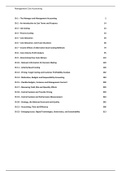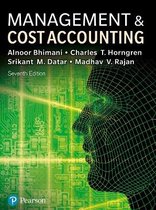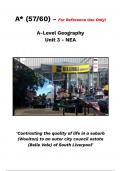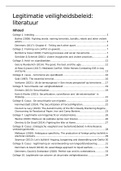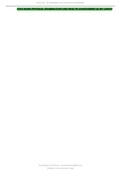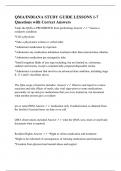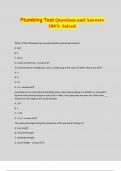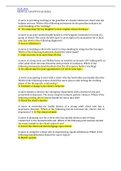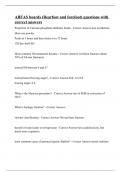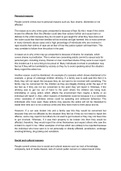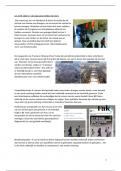Samenvatting
Management Accounting 1 (MA1) Book Summary & Lecture Notes - GRADE 9,0
- Instelling
- Universiteit Van Amsterdam (UvA)
Management Accounting 1 (MA1) Summary from Alnoor Bhimani and Srikant Datar's "Management and Cost Accounting" (2019). The summary is 325 pages and includes all the chapters covered in the course 6012B0421Y at UvA, as well as notes from the lectures (in red).
[Meer zien]
